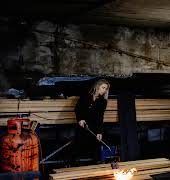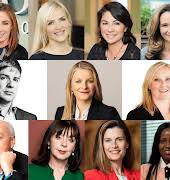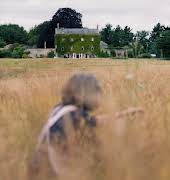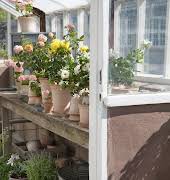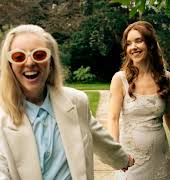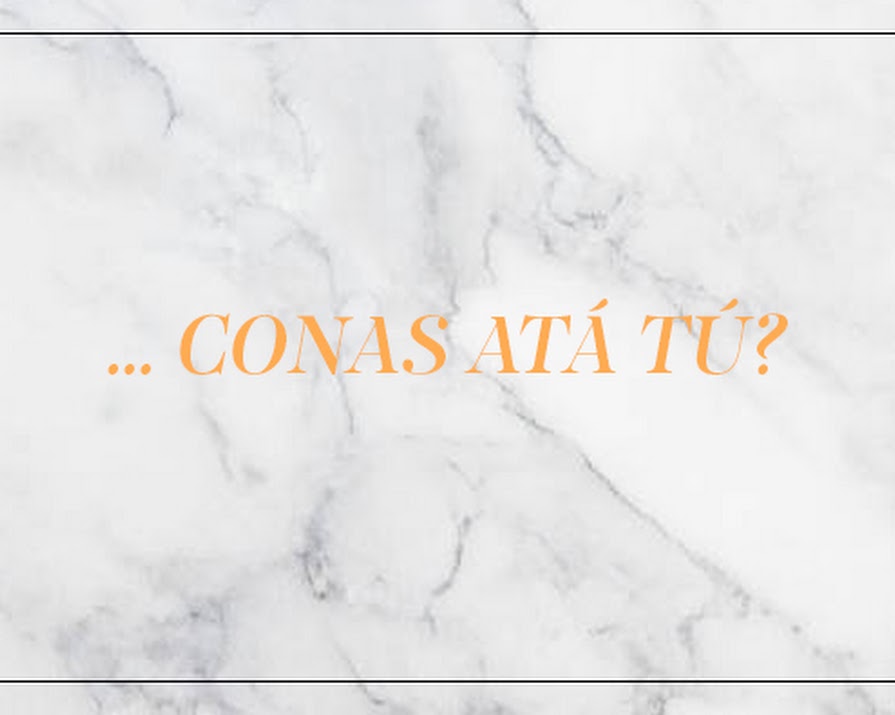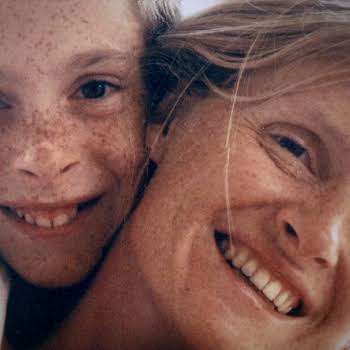
By Erin Lindsay
13th Feb 2018
13th Feb 2018
The modern Gaeilgeoir often conjures up one of two images. The first is that of the native speaker from the depths of Connemara, complete with Aran jumper and a talent for sean-nós singing. They grew up on a diet of bacon, cabbage and béaloideas stories and speak in a dialect that more resembles Russian than Gaeilge.
The second is that of the dreaded hipster Gaeilgeoir, who listens non-ironically to Coláiste Lurgan tracks (shudder). They cast a disdainful eye on those who don’t dedicate every spare second to perfecting their modh coinníollach to use with their fellow Gaeilge ‘grammar Nazis’.
Debunking the Stereotypes
I, obviously, am not in either of those categories. I come from Tallaght, a Dublin suburb, where neither of my parents nor most of my close friends can speak a word of Irish. Summers spent at the Gaeltacht and a subsequent degree fostered my love for Gaeilge, though I still don’t speak it perfectly. To my shame, I often resort to English when I get stuck on a phrase or word. I’ve never been to Connemara, wouldn’t be able to scold someone else on their grammar but I will admit that I do own an Aran jumper.
And of course, no one I know who speaks Irish falls into these categories. That’s because they don’t really exist. They’re an exaggeration of what we Irish think we see when we look at the modern Gaeilgeoir; someone who defies our expectations of what the speaker of a ‘dead language’ should look like. It’s almost as if we can’t quite believe that somebody normal could speak Irish; maybe because it reminds us that our excuses for not speaking it don’t really cut it.
Bitterness towards Gaeilge
The argument about modern Irish has been thundering back and forth in various comment sections for years. For some reason, the many people who don’t speak as Gaeilge seem to have a voracious need to fire rage at those who do. The language is ‘pointless’, ‘a waste of resources in schools’ and ‘dead to the world’. What always seems funny to me is that while thousands of people who don’t speak Irish spend their time arguing about how terrible it is, those that do speak it are quietly ticking along with their own lives, speaking and using a beautiful language, and really not causing any harm to anybody.
Over a million Irish citizens can speak as Gaeilge, and contrary to what most people think, it’s not a dead or, even worse, a snobby language. There are initiatives constantly going on all over the country encouraging people to use what they have and to learn more Irish for day-to-day use, in casual situations where you can feel more comfortable and thus are much more likely to learn. I don’t know anyone who would cast aspersions on someone who was raising their child with both, say, French and English. So why do we judge our own language so much?
The reality of the modern Gaeilgeoir is someone a bit like me. I speak Irish because I like the language. I speak it for the little moments of enjoyment when my mam tells me she enjoyed my Irish radio show, even though she doesn’t understand it, and when myself and my partner can slag off someone on the train without them knowing what we’ve said.
A modern Gaeilgeoir is someone who speaks a very living language. And there’s plenty of room for more of us.


